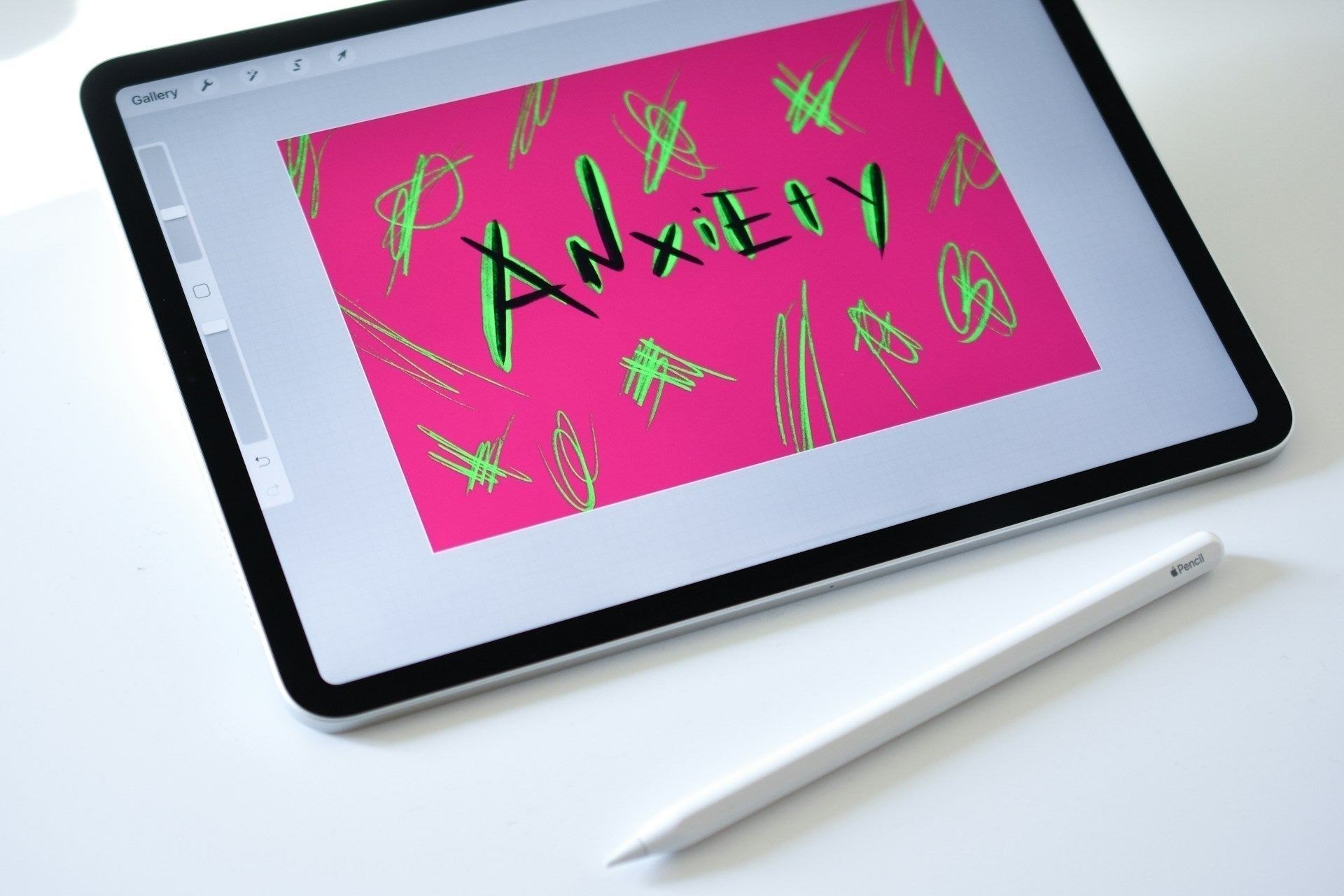Introduction
Fear is a fundamental human emotion that serves as a vital alert system, signaling the presence of danger and triggering physical responses like a racing heart, sweaty palms, or a surge of adrenaline. While fear can be protective, keeping us cautious in risky situations, it can also become overwhelming or chronic, adversely affecting our mental and physical health by contributing to stress, anxiety, and other ailments.
Overcoming fear is essential for personal growth and well-being. By facing our fears, we not only build resilience and confidence but also open ourselves to new opportunities and experiences that foster individual development. Effective management of fear enhances our ability to live more fulfilling lives and achieve our goals with greater ease.
Understanding Fear
What is Fear
Fear is an emotional response to a perceived threat or danger. It is a basic survival mechanism that triggers the fight-or-flight response, helping individuals to react quickly to potential harm. Fear can be experienced in both physical and psychological forms, manifesting as anxiety, dread, or panic.
Types of Fear
-
Rational Irrational Fears
Rational fears are those that have a legitimate basis and can be considered logical. For example, fearing a wild animal that could cause harm is rational. These fears are typically based on real and immediate dangers. -
Irrational Fears
Irrational fears, on the other hand, are those that do not have a logical basis and often stem from exaggerated perceptions of danger. For instance, fearing harmless objects or situations, such as clowns or flying, despite knowing there is no real threat, is irrational.
The Role of Fear in Survival
Fear plays a crucial role in survival by alerting individuals to potential threats and enabling them to take protective action. For example, fear of heights can prevent someone from getting too close to a dangerous edge, and fear of dangerous animals can prompt caution in the wild.
However, while fear can be protective, it can also be limiting. Excessive or chronic fear can lead to avoidance behaviors, reduced quality of life, and hindered personal growth. For instance, fear of failure might prevent someone from pursuing new opportunities, and social anxiety might limit social interactions and relationships.
By understanding the nature and types of fear, individuals can better recognize and manage their fears, leveraging the protective aspects while mitigating the limiting effects.
The Impact of Fear on Our Lives
Physical Effects
Fear can significantly impact the body in various ways. When we experience fear, our body's stress response is activated. This response, known as the "fight-or-flight" reaction, releases adrenaline and cortisol, which prepare the body to either face the threat or flee from it.
-
Increased Heart Rate and Blood Pressure
The heart pumps faster to supply muscles with more oxygen. -
Muscle Tension
Muscles become tense and ready for action. -
Suppressed Immune System
Chronic fear can weaken the immune system, making the body more susceptible to illnesses. -
Digestive Issues
Fear can disrupt normal digestive processes, leading to issues such as stomachaches or irritable bowel syndrome.
Emotional Effects
Fear has profound emotional effects that can significantly affect one's mental health. When fear becomes chronic, it can lead to various emotional disturbances.
-
Anxiety
Constant fear can lead to heightened levels of anxiety, causing individuals to feel on edge and nervous. -
Depression
Persistent fear can contribute to feelings of hopelessness and sadness, potentially leading to depression. -
Panic Attacks
Intense episodes of fear can result in panic attacks, characterized by rapid heartbeat, sweating, and difficulty breathing. -
Isolation
Fear can make individuals withdraw from social interactions, leading to loneliness and isolation.
Behavioral Effects
Fear can greatly influence behavior, affecting decision-making, relationships, and lifestyle choices. These behavioral changes can have long-term implications for an individual's life.
-
Decision-Making
Fear can lead to indecision or overly cautious behavior, preventing individuals from taking risks or pursuing opportunities. -
Relationships
Fear can strain relationships by causing individuals to withdraw, avoid conflict, or become overly dependent on others for reassurance. -
Lifestyle Choices
Fear can result in unhealthy coping mechanisms, such as substance abuse, overeating, or avoiding necessary activities. -
Career Impact
Fear of failure or rejection can hinder career progress, causing individuals to stay in unfulfilling jobs or avoid seeking promotions.
By understanding these impacts, individuals can take proactive steps to manage and overcome their fears, leading to a healthier, more fulfilling life.
Strategies for Overcoming Fear
-
Awareness and Acknowledgment
Understanding and acknowledging your fears is the first crucial step toward overcoming them. Recognize that fear is a natural and universal human experience. By identifying your fears, you're better prepared to face them directly and develop strategies to manage them effectively. -
Cognitive Behavioral Techniques
Cognitive Behavioral Therapy (CBT) is a highly effective psychological treatment that helps you manage your fears by changing the negative thought patterns that fuel them. Techniques like cognitive restructuring allow you to challenge and alter irrational thoughts, helping you view fearful situations more realistically. -
Exposure Therapy
Exposure therapy involves gradual exposure to the fear source in a controlled and safe environment. This method helps reduce the fear response over time and is especially effective for phobias and anxiety disorders. It allows you to face your fear without any real risk, enabling you to gain confidence and reduce avoidance behaviors. -
Mindfulness and Relaxation
Mindfulness involves staying present and fully engaging with the now, allowing you to acknowledge and cope with any negative emotions that arise without judgment. Techniques like meditation, deep breathing exercises, and yoga can promote relaxation and enhance your ability to deal with stress and fear.
Each of these strategies can be adapted and combined according to individual needs and circumstances, offering a comprehensive approach to managing and overcoming fear.
Harnessing the Power of Crystals to Overcome Fear
Introduction
In the journey of personal growth and emotional healing, crystals have been revered for their aesthetic value and purported metaphysical properties that can influence our emotional and spiritual well-being. Crystals are thought to hold vibrational energy that can resonate with human emotions. Each type of crystal has a unique frequency and energy that can be harnessed to align with and amplify our intentions, including those to reduce fear and anxiety. Many believe crystals can be a powerful tool in overcoming fear by promoting a sense of calm, grounding, and clarity.
Key Crystals for Overcoming Fear
-
Amethyst
Amethyst is renowned for its ability to clear negative energy from the environment. It helps in purifying the mind and alleviating stress and anxiety. This crystal's calming presence helps dissolve anxiety and can sharpen the mind to remain clear and centered in challenging situations. -
Black Tourmaline
Black Tourmaline is highly valued for its grounding properties. It is believed to create a shield around a person, providing protection from external negative influences. The stone is particularly effective in instilling a sense of power and self-confidence, helping to eliminate feelings of fear and boost one's resilience against stressors. -
Rose Quartz
Often referred to as the stone of unconditional love, Rose Quartz supports emotional healing by promoting feelings of self-worth and love. It soothes the heart and calms the emotions, making it a fantastic stone for reducing anxiety and fear. By fostering an environment of compassion and understanding, it helps individuals to forgive and see situations with greater clarity. -
Lapis Lazuli
Lapis Lazuli is known for its ability to enhance intellectual abilities and foster spiritual enlightenment. This stone aids in revealing the inner truth and promoting self-awareness, which is crucial in overcoming fears that stem from internal conflicts and misconceptions. By allowing for a deeper understanding of one's thoughts and emotions, Lapis Lazuli can provide clarity and empower individuals to face their fears with new strength.
Methods of Using Crystals
-
Carrying Crystals
Keep the chosen crystal on your person to absorb its energy throughout the day. -
Meditation with Crystals
Hold or place the crystal on relevant chakras during meditation to enhance the calming effect and focus on releasing fear. -
Crystal Grids
Create a grid of specific crystals around your home or workspace to create a protective and calming environment. -
Sleeping with Crystals
Place crystals under your pillow or beside your bed to promote peaceful sleep and subconsciously work on overcoming fears.
Incorporating crystals into your daily life can significantly mitigate the impact of fear, providing a tangible tool to help manage and overcome deep-seated anxieties. By understanding and utilizing the specific properties of each crystal, you can harness their energy for a more balanced and fearless life.
Conclusion
Fear is a natural part of the human experience, serving both as a barrier and a catalyst for growth. By understanding and confronting our fears, we unlock opportunities for personal development and a more fulfilling life. Instead of viewing fear as a formidable enemy, we should see it as a valuable teacher that highlights areas needing growth and potential. I encourage everyone to take that first brave step out of their comfort zones—whether it's trying a new activity, speaking in public, or engaging with new people. Each small victory not only boosts confidence but also reduces fear's hold over us.
Remember, every great achievement involves overcoming fear. Embrace your fears as opportunities for transformation, take actionable steps, and watch as you achieve your own greatness.




